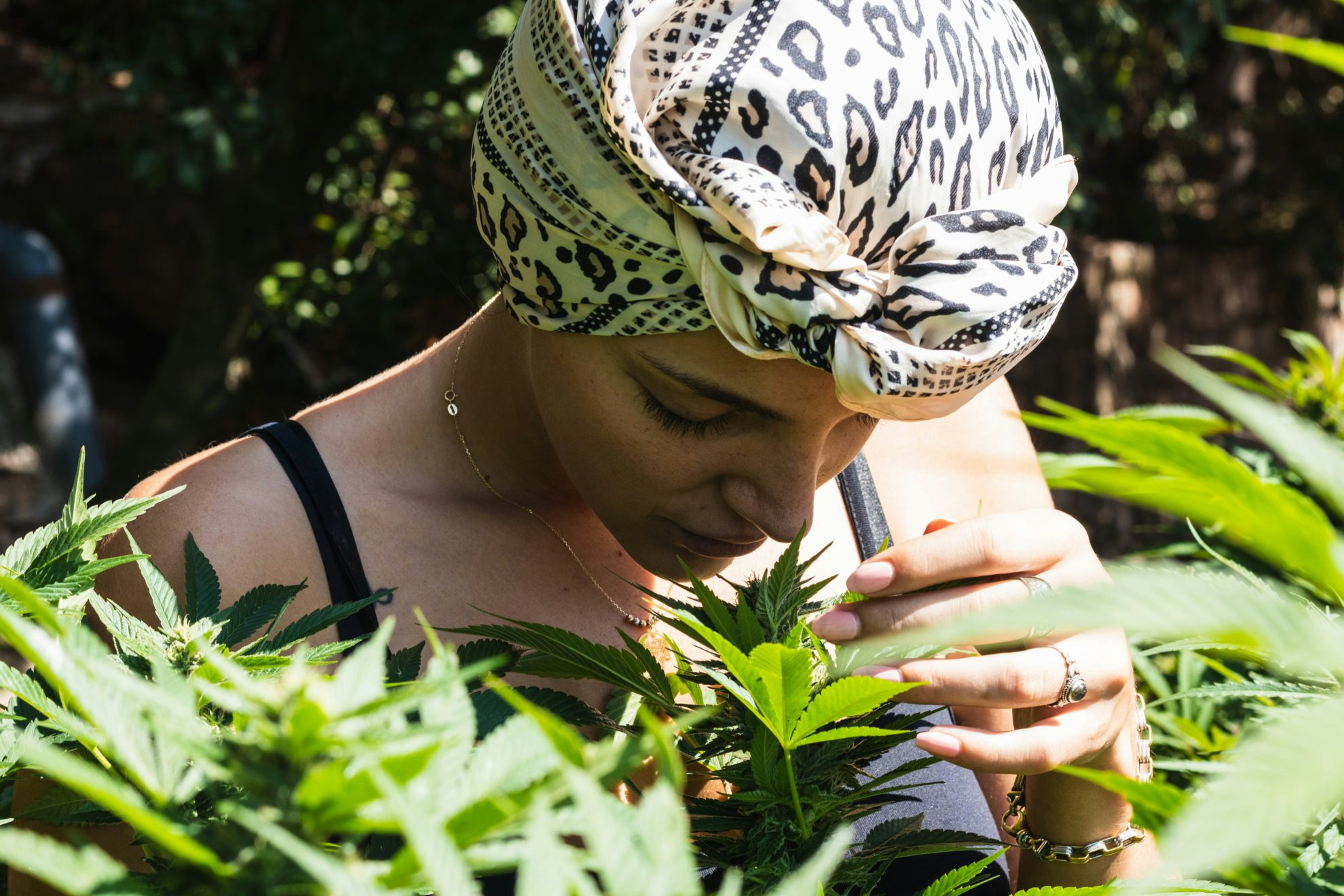While millions of patients around the world find relief through cannabis, many of the long-term effects of cannabis use are still unknown. Because many prohibitions on marijuana have only been lifted in recent years, research — and long-term studies in particular — are still largely nascent.
The FDA made headlines in late 2019 when it warned that, “CBD has the potential to harm you.” The federal agency’s justification: “There are many important aspects about CBD that we just don’t know.”
But some research about cannabis has been done, and some of it does indicate possible long-term negative effects.
These include changes in the brain among adolescent users. Others, such as how CBD impacts male reproduction or developing fetuses, are still being researched. Many of these topics are galvanizing in nature, and as such are not conclusive.
Another side effect that medical professionals have identified is the relatively small — but existent — risk of cannabis use disorder.
Here is some of what do know.
A ‘heated debate’
Many groups and researchers have attempted to conclusively determine cannabis’ long-term health effects. One research paper sums this struggle up neatly, writing that, “[a]lthough multiple studies have reported detrimental effects, others have not, and the question of whether marijuana is harmful remains the subject of heated debate.”
A review of over 60 scientific articles found evidence of harm for “…several mental health disorders, brain changes, cognitive outcomes, pregnancy outcomes and testicular cancer.” The researchers of that paper suggested that certain groups, particularly, “…pregnant women, adolescents, and those with risk for or established mental illness,” should exercise caution when using cannabis.
Of course, everyone’s body responds to cannabis differently, which is why no one can say with total certainty how any given strain will affect you. Factors that affect how cannabis is metabolized include age, weight, metabolism, and genetic background.
Mental health disorders
Cannabis can exacerbate certain mental health conditions in susceptible populations or vulnerable individuals. A susceptible population is defined as someone who has a genetic predisposition towards a certain illness. These include patients with schizophrenia and bipolar disorder.
Correlation, however, is not causation. A blog post published by Harvard Medical School explains that: “So far, this research shows only an association between smoking pot and developing psychosis or schizophrenia later on. That’s not the same thing as saying that marijuana causes psychosis.”
A research paper that analyzed human studies regarding cannabis and psychosis/schizophrenia suggested the likelihood of these reactions was minimal.
Brain changes & cognitive outcomes
The idea that cannabis affects working memory, attention, and perception is by no means a new one. The extent to which cannabis affects each component, however, varies.
One area of concern is cannabis use among adolescents. In one study, adolescent cannabis users aged 13-18 performed “worse on tests of attention, learning, and memory.” The same group also found evidence of reduced motivation in adolescent cannabis users, and that those who used cannabis prior to age 15 “demonstrated poorer performance on tasks of sustained attention, impulse control, and executive functioning.”
These behavioral changes can also affect the structure of the brain.
“There have been considerable additions to the literature over the last decade, yet the degree of impairment related to marijuana use in adolescence remains inconclusive,” lament the authors of “Effects of Cannabis on the Adolescent Brain.”
A long-term study published in 2019 that looked at hundreds of pairs of twins, where one used cannabis and the other didn’t, found that cannabis use doesn’t seem to cause cognitive decline. The authors of the study, published in Drug and Alcohol Dependence, postulated that other factors (likely genetic or environmental factors) predispose some adolescents to both cannabis use and IQ drops in adulthood.
Pregnancy outcomes
A 2018 research paper analyzed five reviews of cannabis use during pregnancy. The findings include:
- Anemia during pregnancy was reported in six studies. One study showed increased odds of anemia for cannabis mothers. The other five studies revealed a null association.
- An increased chance of having an infant placed in neonatal intensive care.
- Higher disposition towards inattention and impulsivity at 10 years.
- “Lower IQ scores, increased errors of omission, academic underachievement (especially in spelling and reading).”
The authors found “no known association with congenital anomalies” and stated that, “[m]ore research is needed to determine whether there is any association between maternal anaemia and use of cannabis during pregnancy.”
Testicular cancer
A 2018 review focusing on the adverse health effects related to cannabis analyzed four different studies regarding cannabis use and testicular cancer. It found no evidence of harm pertaining to lung, head, and neck cancers. Evidence of harm regarding bladder, prostate, penile, cervical, and childhood cancers was inconclusive.
The only type of cancer the authors found evidence of harm for was testicular cancer. Cannabis users showed an increased risk of testicular cancer compared to those who had never consumed cannabis. This was expressed as a two-and-a-half times greater odds of developing non-seminoma testicular germ cell tumours (TGCTs) for users than non-users. The same research paper also determined there was inconclusive evidence regarding the development of seminoma tumours.
Cannabis abuse
Can cannabis use lead to addiction? Possibly. The Diagnostic and Statistical Manual of Mental Disorders (DSM) includes “cannabis use disorder” in the latest edition. It is defined as “the continued use of cannabis despite impairment in psychological, physical, or social functioning.”
Studies show less than 10% of cannabis users meet the DSM’s criteria for dependence. While cannabis may not have the gripping physical addiction of harder drugs like opiates, it can manifest as social and even mild physical dependence. Symptoms of dependence can include irritability, insomnia, and headaches.
The DSM uses nine pathological patterns to define cannabis use disorder. These include: impaired control, social impairment, risky behavior, or physiological adaptation.
Sign up for bi-weekly updates, packed full of cannabis education, recipes, and tips. Your inbox will love it.

 Shop
Shop Support
Support


















